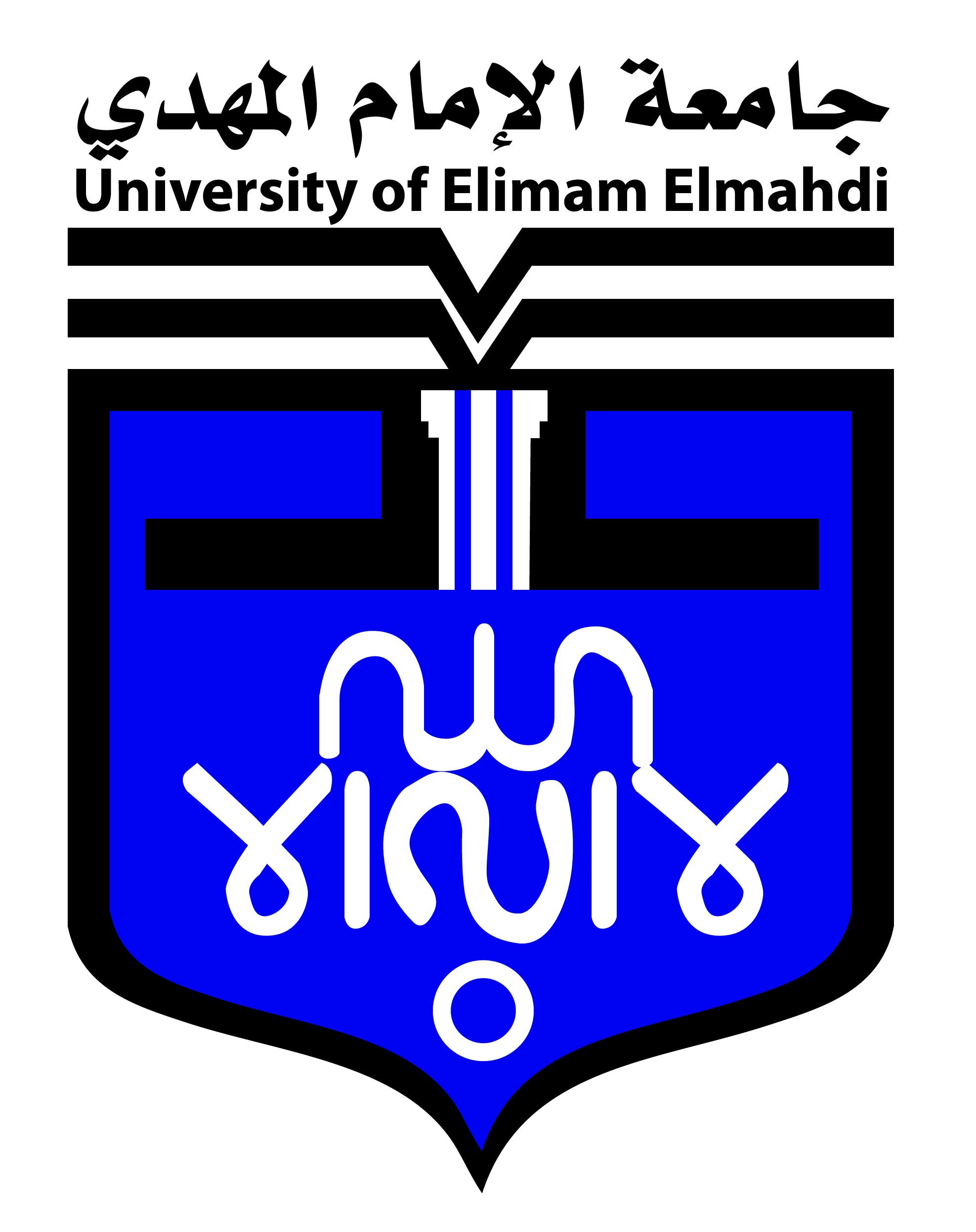الموضوع رقم [ 2 ] تفاصيل المقال
مستخلص البحث: هدفت هذه الدراسة إلى بيان نشأة علم تحليل النصوص الشعرية عند الأوائل، وبيان مصطلحاته من حيث عراقتها وحداثتها، وإلى تأكيد أنَّ علوم العربية، ومؤلفات أهل الريادة من نحاة وبلاغيين، ونقاد ومفسرين، وفقهاء، وعلماء إعجاز؛ تدور جلُّها في فلك تحليل النصِّ الشعري، وتجتهد في سبره، واستخراج أسراره؛ واستجلاب معانيه خدمة للقرآن الكريم. وأنَّ لهم طرائق ومناهج قويمة في تفسير النصوص، يتكئون فيها على وسائل وأدوات ناجعة تحتاج للمراجعة والدراسة العميقة. وتكمن أهمية الدراسة في التنبيه على قيمة مؤلفات الأوائل، وعمق مناهجهم حتَّى يتسنى لطلاب العلم وغيرهم فهم الكتاب الكريم ثمَّ معرفة الشعر والانتفاع به، واتبعت الدراسة المنهج الوصفي الاستقرائي، وقد توصلت الدراسة إلى نتائج عديدة منها: يعدُّ الشعراء، ورواة الشعر، وعلماء العربية من طليعة شراح الشعر ومفسريه. وكان اهتمامهم به خدمة للقرآن الكريم. بلغ الاهتمام بشرح الشعر ذروته في القرن الرابع الهجري حيث اهتم العلماء بتفسير معاني الشعر خاصة شعر أبي تمام، والمتنبي، وكان الصولي، وابن جني من أشهرهما، اعتنى شراح الشعر بثلاثة جوانب هي: المعاني اللغوية، والمجازية، والباطنية الخفيَّة. وتوصي الدراسة بتتبع مناهج النقاد، والبلاغيين، وعلماء الإعجاز، والفقهاء، واستخلاص طرائقهم في تحليل النصوص. Poetry Analysis in Ancient Arabic Heritage :Its Concept, Genesis and Evolution Abstract This study aims to demonstrate the genesis of the discipline of poetic texts analysis among the Ancients, along with its terminologies in terms of deep- rootedness and modernity. The study emphasizes that the sciences of Arabic language and the works of pioneering grammarians, rhetoricians, critics, exegetists, jurists and scholars of inimitability of the Quran most of which revolve around analysis of poetic texts. These works stove to probe such an analysis so as to unearth its secrets and reveal its meanings in the service of the Holy Quran. In addition, they adopt sound approaches and methods in their analysis of texts depending on appropriate tools and devices that need a profound review and study. The significance of the present study resides on the fact it directs the attention to the merit of Ancients’ writings and the profundity of their methods in order to enable students to understand the Holy Book and learn poetry and get the benefit thereof. The study adopted the descriptive inductive method and arrived at several findings. Some of which are: -Poets, poetry narrators and scholars of Arabic are among the avant-garde of poetry explication and interpretation, and their interest in it is for the sake of serving the Quran -Poetry explication reach its zenith in the 4th century A.H, when scholars concerned themselves with interpretation of poetry meanings, especially that of Abu Tammam and Al-Mutanabi. Al-Suli and Ibn Jinni were the most eminent of those scholars. Poetry explicators concentrated on three aspects of meaning, namely; the linguistic, the metaphoric and the hidden and subtle. The study recommends that the methods of critics, rhetoricians, scholar of inimitability of the Quran and jurists should be traced, and their approaches in textual analysis should be extracted.
<p dir="rtl" style="text-align: center;"><strong><span dir="RTL">تحليل الشعر</span><span dir="RTL"> في التراث العربي القديم :المفهوم، </span><span dir="RTL">النشأة، التطور</span></strong></p>
المستخلص


